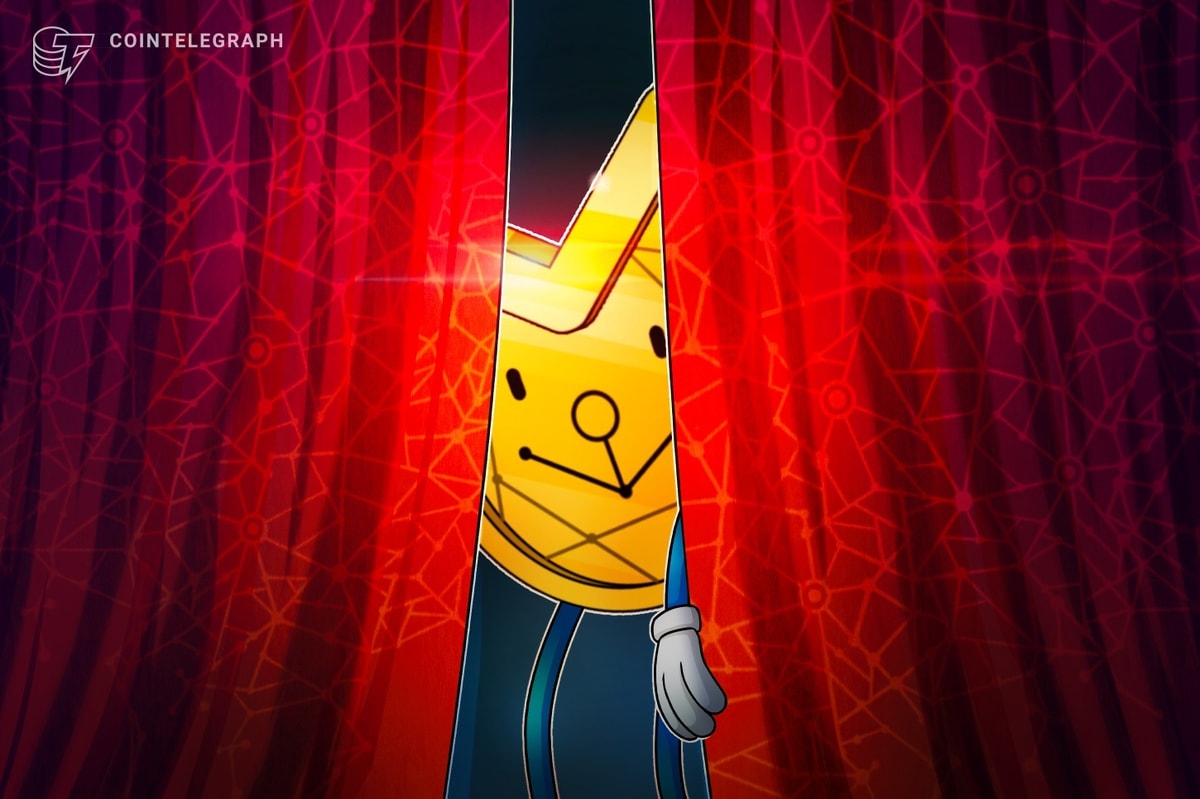TLDR
- Jimmy Song criticizes Bitcoin Core developers for removing the OP_Return limit.
- The decision has sparked significant backlash from the Bitcoin community and node runners.
- Song refers to the removal of the limit as a sign of “fiat” mentality within the community.
- Bitcoin Knots has gained popularity, now accounting for 20% of the network.
- Song warns that removing the limit could lead to long-term issues with scalability and decentralization.
Bitcoin developer Jimmy Song criticized Bitcoin Core developers for their decision to remove the OP_Return limit. The limit, currently set at 80 bytes, controls the size of non-monetary data stored on the Bitcoin blockchain. Song referred to this change as a sign of “fiat” mentality within the Bitcoin community, accusing developers of ignoring concerns from node runners and users.
Bitcoin Core’s OP_Return Decision Faces Backlash
Bitcoin Core developers decided to remove the OP_Return data size limit in the upcoming Bitcoin Core 30 upgrade. The OP_Return function allows users to embed non-financial data within the Bitcoin blockchain. Critics argue that this could lead to unnecessary data bloat, harming the network’s efficiency and decentralization.
Jimmy Song expressed his frustration with the decision. He stated, “The idea that spam is difficult to define is a stalling tactic meant to avoid the real debate.” Song believes that removing the limit could have long-term negative effects, particularly on the blockchain’s scalability and decentralization. He added that the non-monetary use of Bitcoin could be classified as spam.
#vlog 33
These Fiat Arguments Regarding OP_RETURN Need To Go pic.twitter.com/DCL4dhpkAG
— Jimmy Song (송재준) (@jimmysong) September 20, 2025
Bitcoin Community Divided Over the OP_Return Change
The debate over OP_Return has sparked significant division within the Bitcoin community. The removal of the data size limit has prompted many node operators to switch to Bitcoin Knots, an alternative node implementation. As a result, Bitcoin Knots now accounts for 20% of the Bitcoin network, up from just 1% in 2024.
Bitcoin Knots enables node operators to enforce stricter data limits. Proponents argue that these limits are necessary to maintain decentralization and prevent data bloat. Bitcoin’s minimal data storage requirements allow anyone to run a node on affordable hardware, ensuring that the network remains accessible.
Comparatively, other blockchain networks with higher throughput require more expensive hardware to run. This creates barriers to entry, leading to more centralized control of the network. In contrast, Bitcoin’s design prioritizes low-cost accessibility, making it a more decentralized and inclusive platform.
OP_Return Debate Raises Fears of Bitcoin Split
As the OP_Return debate continues, some in the Bitcoin community fear it could lead to a split, reminiscent of the 2015-2017 block size wars. The removal of the OP_Return limit has deepened the divide, with many questioning the future of Bitcoin’s consensus rules. While the upgrade moves forward, the controversy shows no signs of slowing down.
The situation has raised questions about the long-term impact of these decisions on Bitcoin’s scalability and decentralization. As the debate continues, the future direction of Bitcoin remains uncertain, with the community split over how to proceed.

 1 month ago
18
1 month ago
18










 English (US) ·
English (US) ·